Review of Under the Greenwood Tree
Introduction
Thomas Hardy is not known for his light-hearted novels and this one is unusual in that nobody dies or despairs. Having been shown on Boxing Day it has been rushed out onto DVD to mop up the last of the gift vouchers no doubt.
Fancy Day (Keeley Hawes) has returned from her education to be the new school mistress of her home village. She takes the eye of the local squire and the local vicar but she prefers the more earthy charms of tranter`s son Dick Dewey.
With the mechanisation of agriculture and music taking place in the village Fancy represents the embodiment of change. She is almost an emancipated woman; apart from not having the vote-but who does? Fancy is a school teacher, she can play the harmonium, a new-fangled organ the machinery of which displaces the Choir of men and instruments. Fancy wants to choose her own man and not to rely on economic necessity. Both the Squire and the Vicar who are a social class above her would be willing to pull her up to their status by marriage but Fancy has to deal with the problem that the man she wants is lower class. The romantic conclusion glosses over the fact that Fancy`s new status will be lower than when she was single.
Looked on as a light-hearted novel this was the first of many that dealt with the industrial revolution and how it changed a pattern of rural live in Britain in the 19th century. The positively idyllic existence of the rural labourers in this narrative seems to also ignore the grinding poverty that many lived in.
This version mostly concentrates on Fancy and her fancies and resists too much interpretation. The writer asserts he grafted the narrative construction of "Far from the Madding Crowd" onto this and it works well enough leaving us to reflect how much better that would have turned out if it had been a comedy…
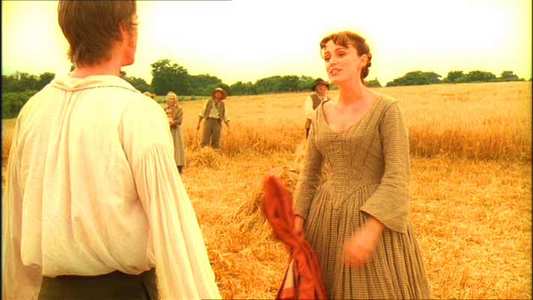
Video
A lot of hard work went into selecting and creating the location and it works well with the simple story line that does not move between too many different places within the small village setting.
The snowy setting is the only thing that doesn`t always convince but overall the setting is attractive and fulfils its function as a lost rural idyll.
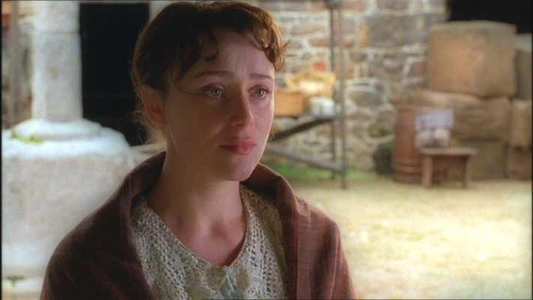
Audio
There are no problems with the sound and the accompanying music is very pleasant. The Choir sing traditional songs which I think come directly from the novel.
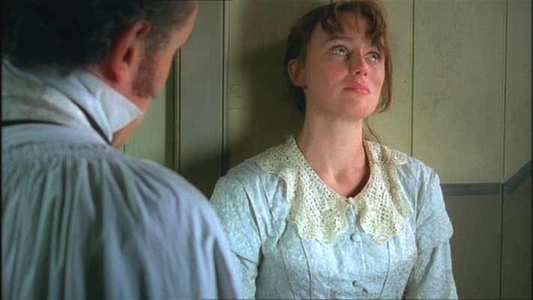
Features
"Making of documentary"
Although quite short this proved to be an interesting insight into how writer Ashley Pharaoh adapted Hardy`s novel for the screen.
It also explains how the `snow` arrived in July.
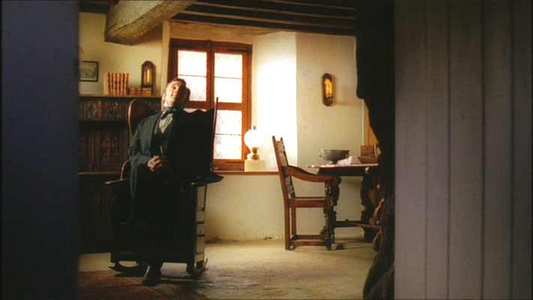
Conclusion
This is not an intellectual stretch and as it is described by one of its stars as `chocolate boxey`, this is probably how it should be enjoyed. It will not raise your temperature except when Dick Dewey inevitably gets his kit off-this is the Andrew Davies School of adaptation folks!
A pleasant way to spend an evening but not something for repeat viewing so if you missed it don`t fret it won`t change your life.
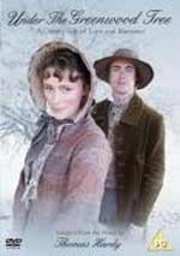




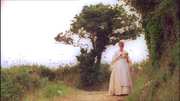
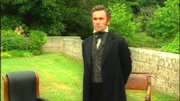


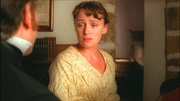
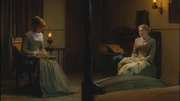
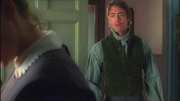
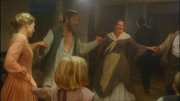
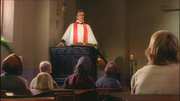
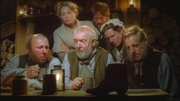
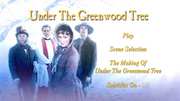
































Your Opinions and Comments
Be the first to post a comment!